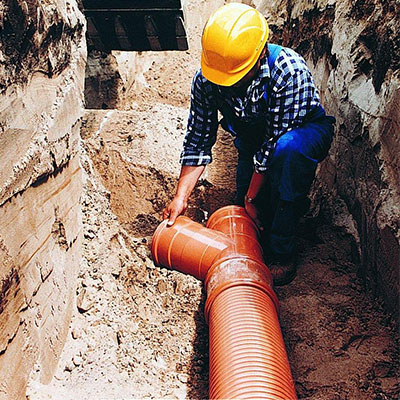vinyl chloride determination (In water)

The Regulation on Water for Human Consumption issued by the Ministry of Health regulates the principles regarding the compliance of water with technical and hygienic conditions and quality standards, production, packaging, labeling, sale and inspection of spring waters. This regulation, This standard covers the principles of drinking water, potable water and spring water. In addition, the regulation also describes the necessary analyzes and allowed limit values for drinking and utility water.
According to the requirements of this regulation, water does not contain substances, microorganisms and parasites of the amount and density that constitute a danger to human health and the quality standards, disinfection and analysis characteristics described in the regulation, these waters are considered to be healthy and clean if they meet the corrective measures and restrictions of use and the quality of the treatment, equipment and materials, and also the parametric values given in the annex to the regulation (Annex 1).
This regulation has been prepared in accordance with the directive issued by the European Union, which sets the concentration limits for the components of natural mineral waters 2003 / 40 / EC.
In the Annex of the Regulation titled Parameters and Parametric Values (Annex 1), microbiological, chemical and indicator parameters and radioactivity values of the waters are explained. One of the chemical parameters is vinyl chloride. Vinyl chloride value in water should be 0.50 μg in the highest liter. This limit value refers to the concentration of monomer residues in water resulting from the polymer in contact with water.
The authorized laboratories carry out the determination of vinyl chloride in water within the scope of chemical food analysis. The headspace method is used to determine the level of vinyl chloride in water and the tests are carried out by gas chromatography. During these studies, the Turkish Food Codex Communiqué on Substances and Materials Containing Vinyl Chloride Monomer in Contact with Foodstuffs issued by the Ministry of Food, Agriculture and Rural Affairs and the Ministry of Health is also complied with (Communiqué no: 2002 / 5).

